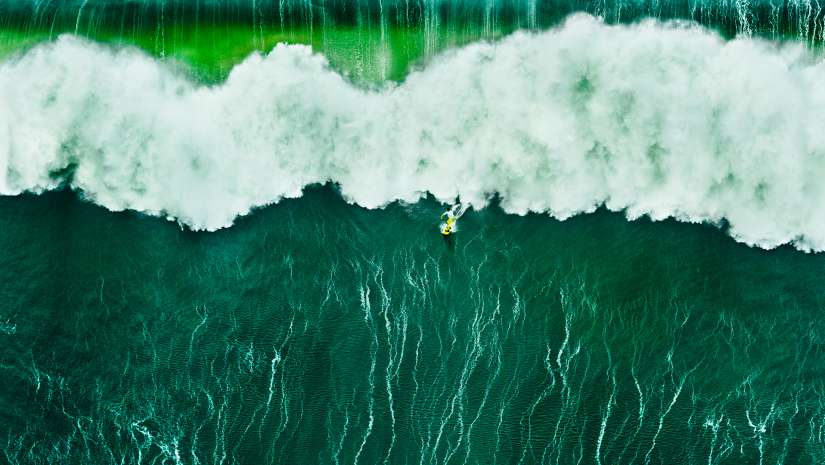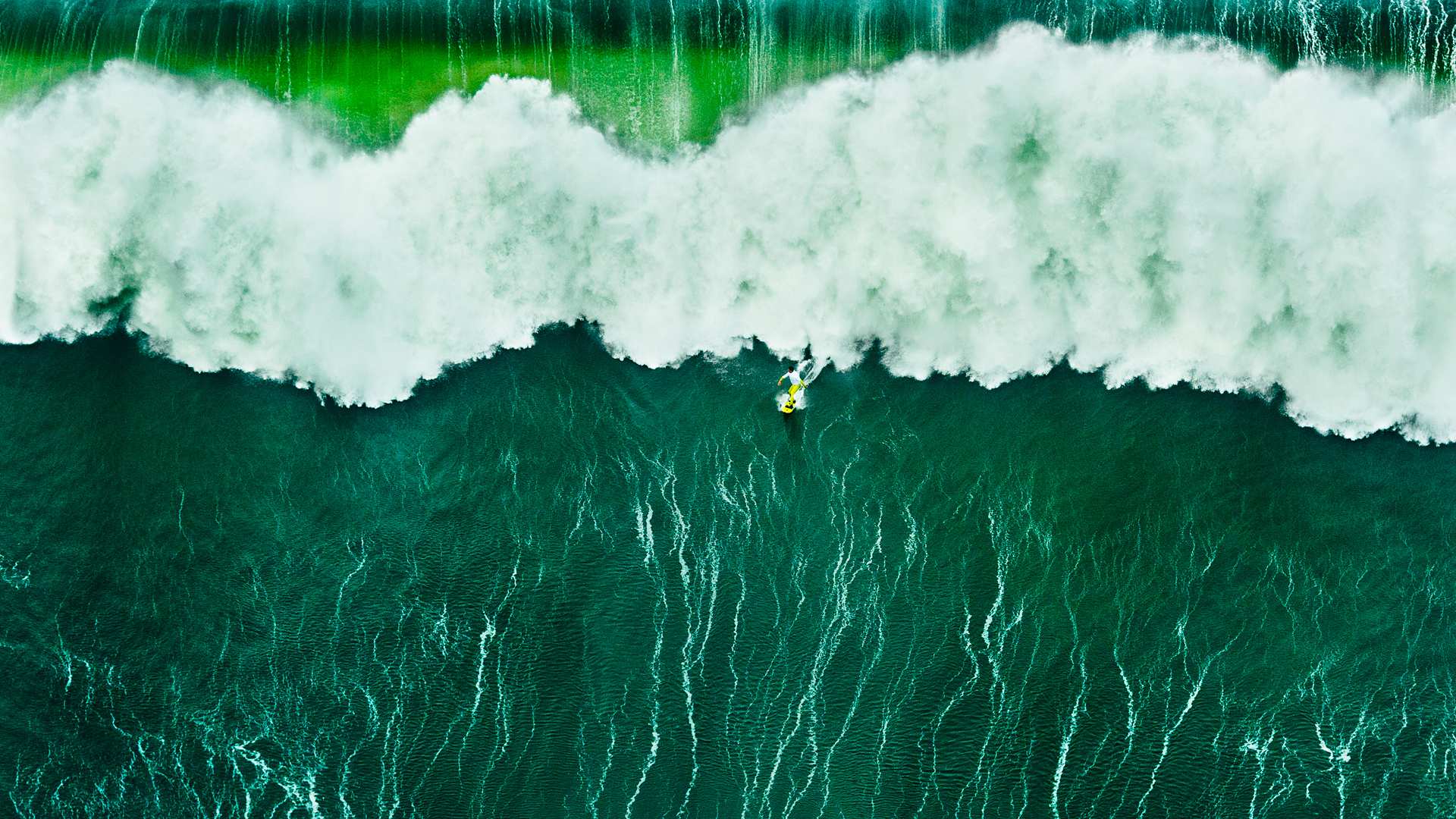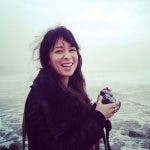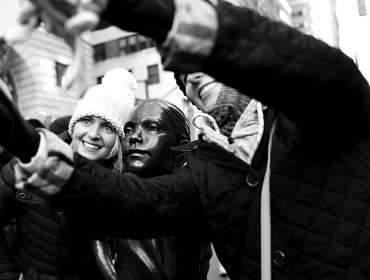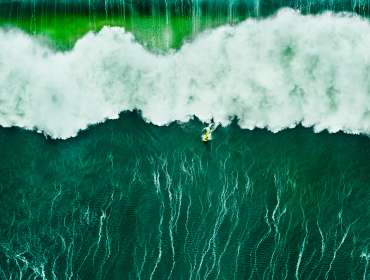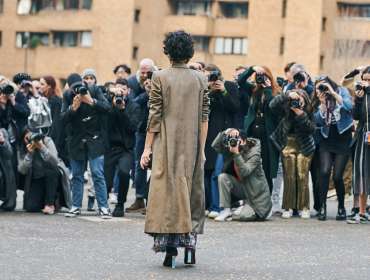I stood at the bar of the Ace Theater in downtown L.A. waiting for a man who had made me sob…I mean, like, ugly crying. We hadn’t actually met before, but photographer and filmmaker Ben Moon’s, “Denali,” a documentary about his last days spent with this dying dog, had captured my heart…as it had about 15 million other viewers after it went viral online a few years ago.
The 41-year old Sony Artisan and portrait photographer had agreed to meet with me on the eve of the annual Yeah Field Trip photo convention we were both attending in Lake Arrowhead, California. The four day “meetup” is a chance for creatives and artists to unplug, make art and get inspired, all while hanging out on a beautiful campsite with nature as our biggest muse. The convention organizers were hosting an opening night party at the hipster hotel hangout in downtown L.A. and invited all attendees and convention workshop leaders to the party.
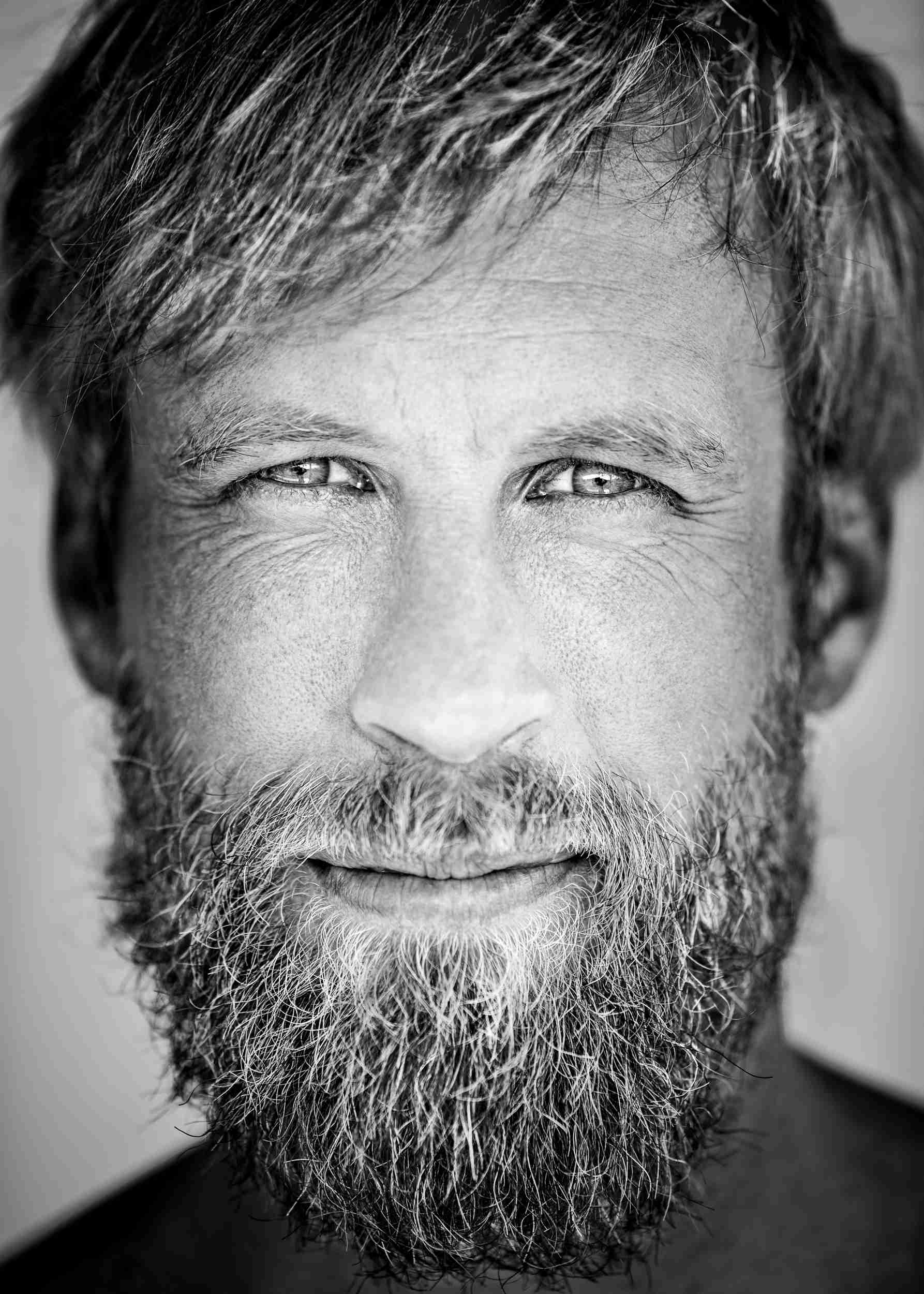
And it definitely was a party. I showed up early to a dancefloor full of young photographers and filmmakers all excited to meet and travel to the mountain together in the morning to share ideas and inspiration. Knowing a little bit about Moon’s story from the film, I knew that he himself had survived a particularly aggressive form of cancer. After a seemingly miraculous recovery, he is cancer free, but even so, I wasn’t expecting the vivacious, ball of energy that ended up walking into the room. Only five minutes deep into our first conversation, Moon was already thinking out loud about trying to find a good spot to surf in the morning after the all-night dance party.
Moon is an avid surfer and rock climber, and it’s not unusual for him to burst into a spontaneous climb of his immediate environs (even if it’s just a patio archway) as he did at one point while we were waiting for a Sony meeting a few days later during the convention. Guided by his sheer joy and sincere appreciation for being alive, Moon’s portrait work is a love letter to humankind. Capturing the energy of the soul, that is otherwise transient, Ben’s photos memorialize his subjects.
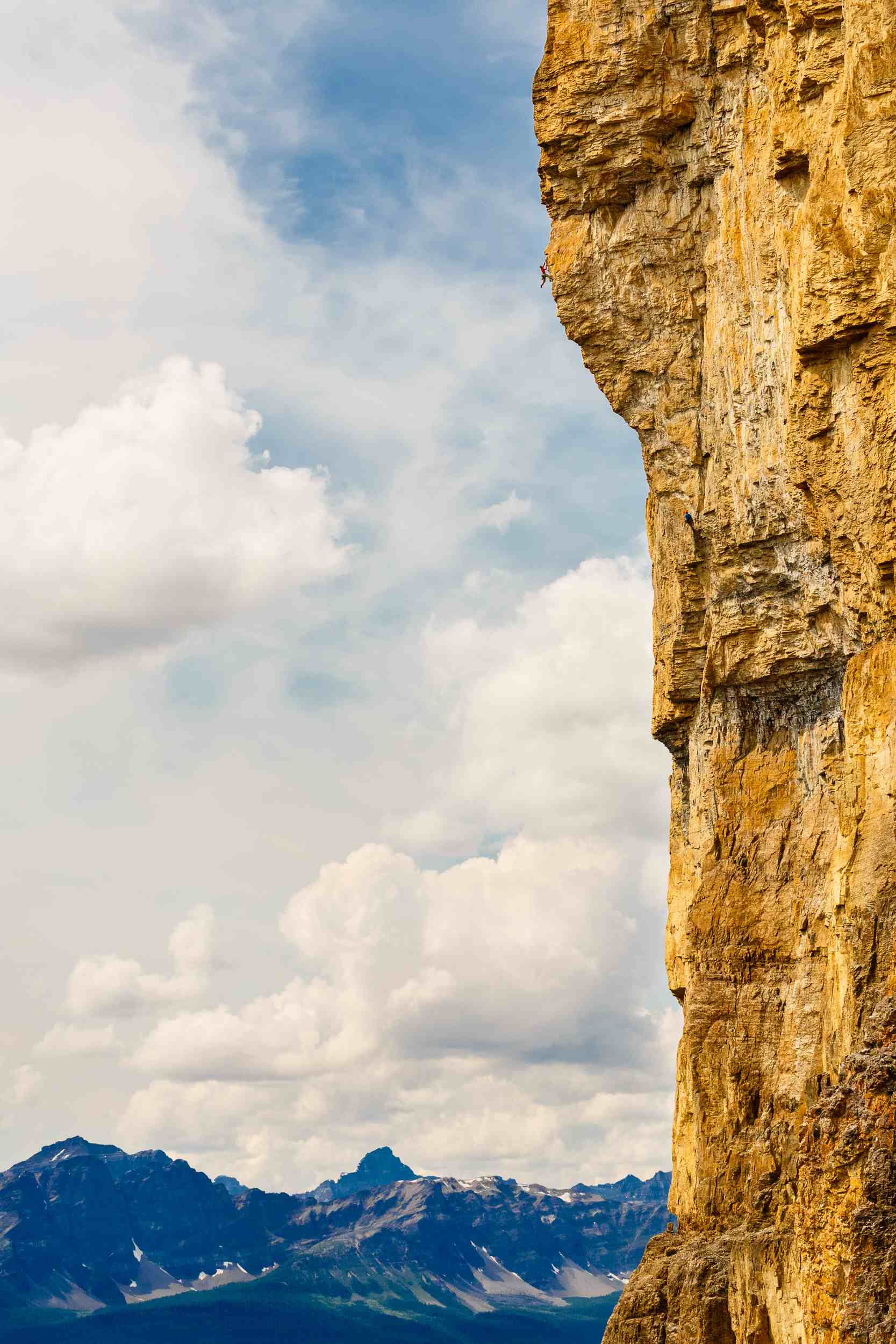
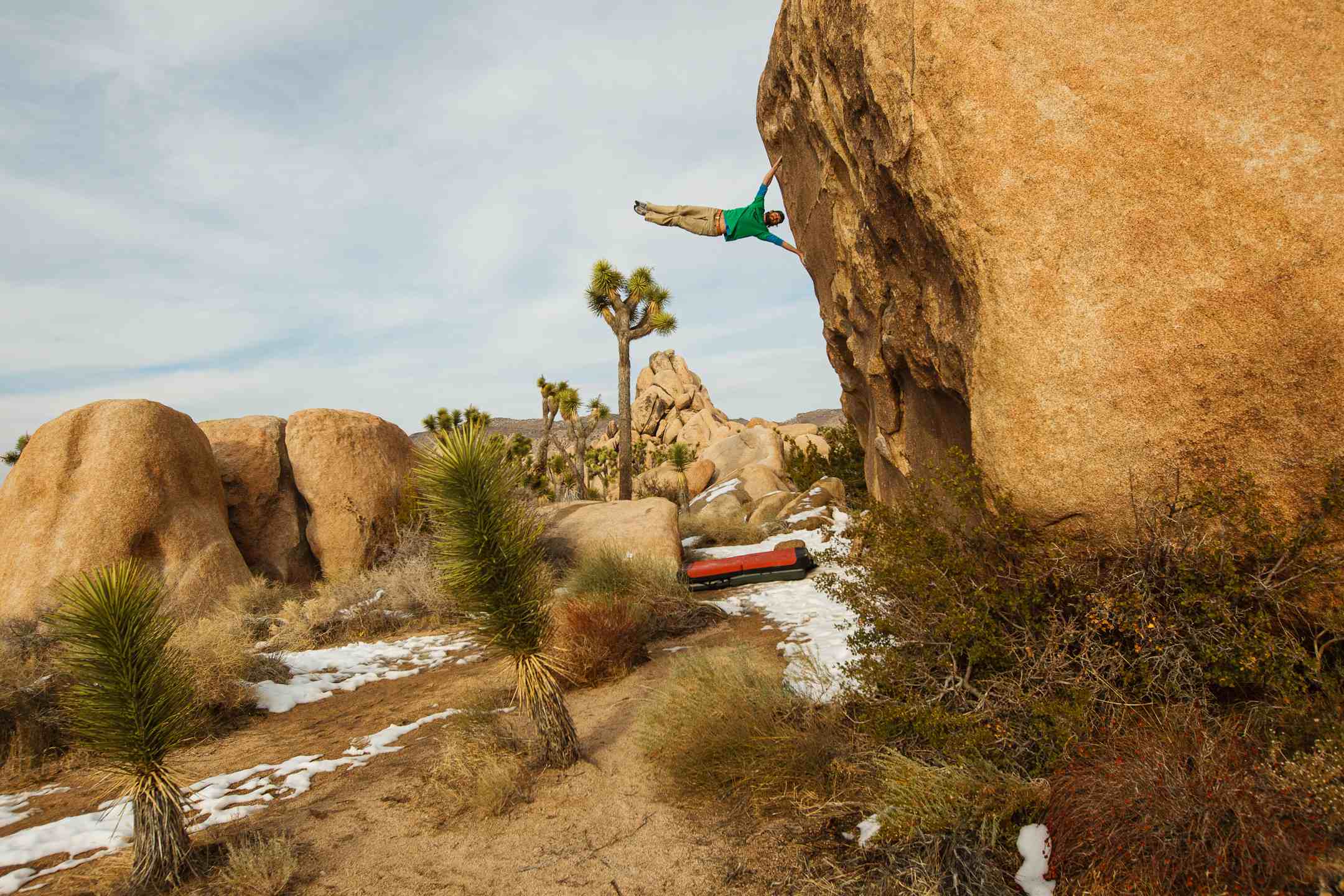
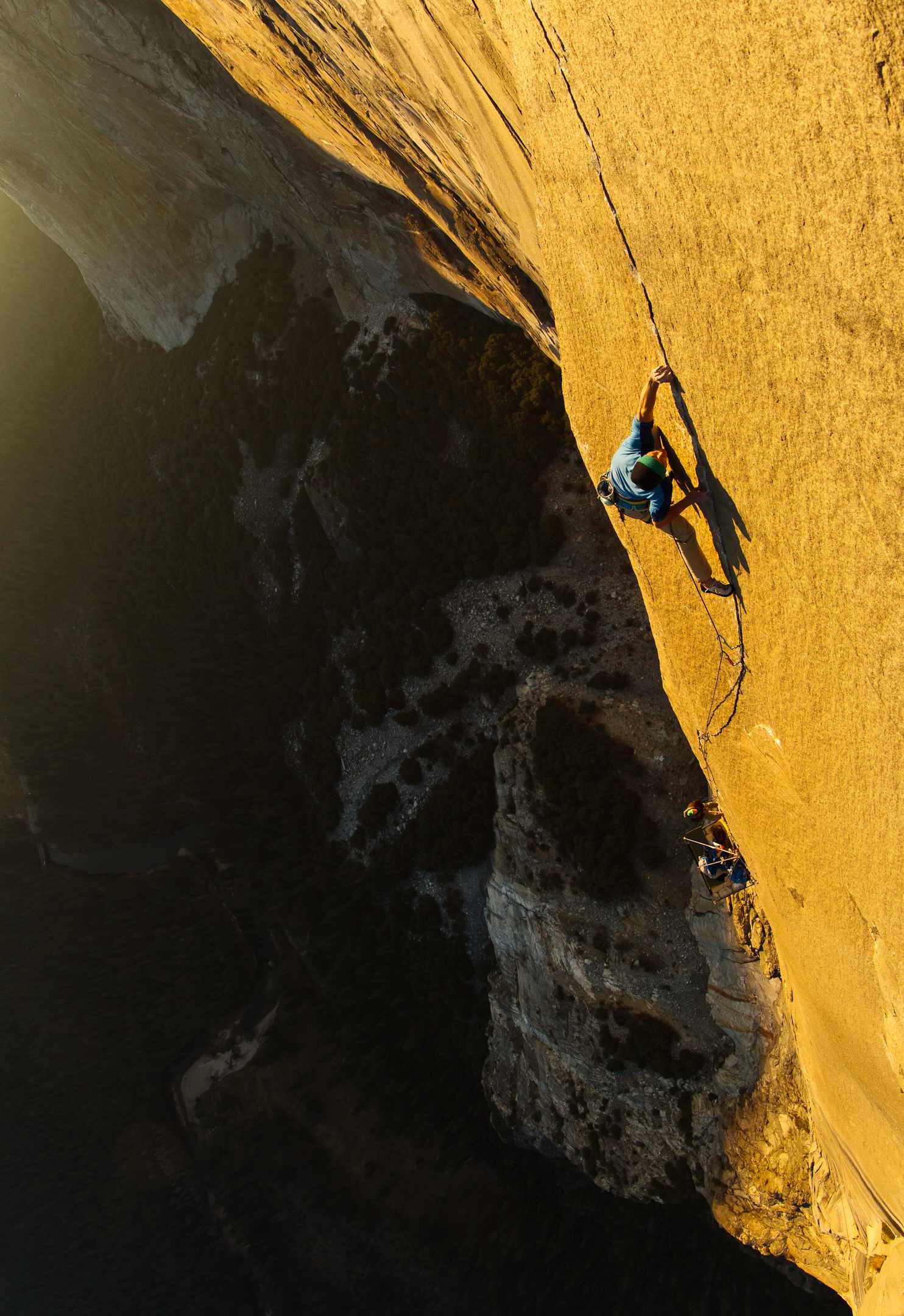
Moon is a self-taught photographer who never really planned on making a career out of his hobby. “I’ve shot for Patagonia for the last 15 years and they call me their ‘utility guy’ because I shoot climbing and surf and lifestyle, and you know all of the other outdoor adventures,” says Moon. “Surf has been something that has always inspired me and now that I live on the Oregon coast I have been surfing a lot more consistently. When I was sick with cancer, and through any hard experience, I always go to the ocean, because that is what refreshes me and grounds me and reminds me that there is something far bigger than myself.”
Despite the ocean being one of his biggest muses, Moon didn’t grow up near the beach. Born in New Orleans and raised in Western Michigan along the shores of the Great Lakes, Moon went to school to study sports medicine. After having trouble finding a job in his field and going through some personal life shifts that ultimately led him to move to Oregon, he decided to pick up a camera and start shooting as a hobby. “My first camera was a Nikon N90s. I was shooting everything on Velvia 50 and Provia 100 slide film back in those days. It was hard to learn back then, you know. You had to send it into the lab, and if you’re a third stop off, your photo is no good and there wasn’t the immediate feedback you have now. But I’m really grateful for that because it taught me a lot. I shot on film with the Nikon rig for five years before I switched to digital using Canon cameras for a decade. Now I’ve been using the Sony mirrorless system for the last two and a half years.”

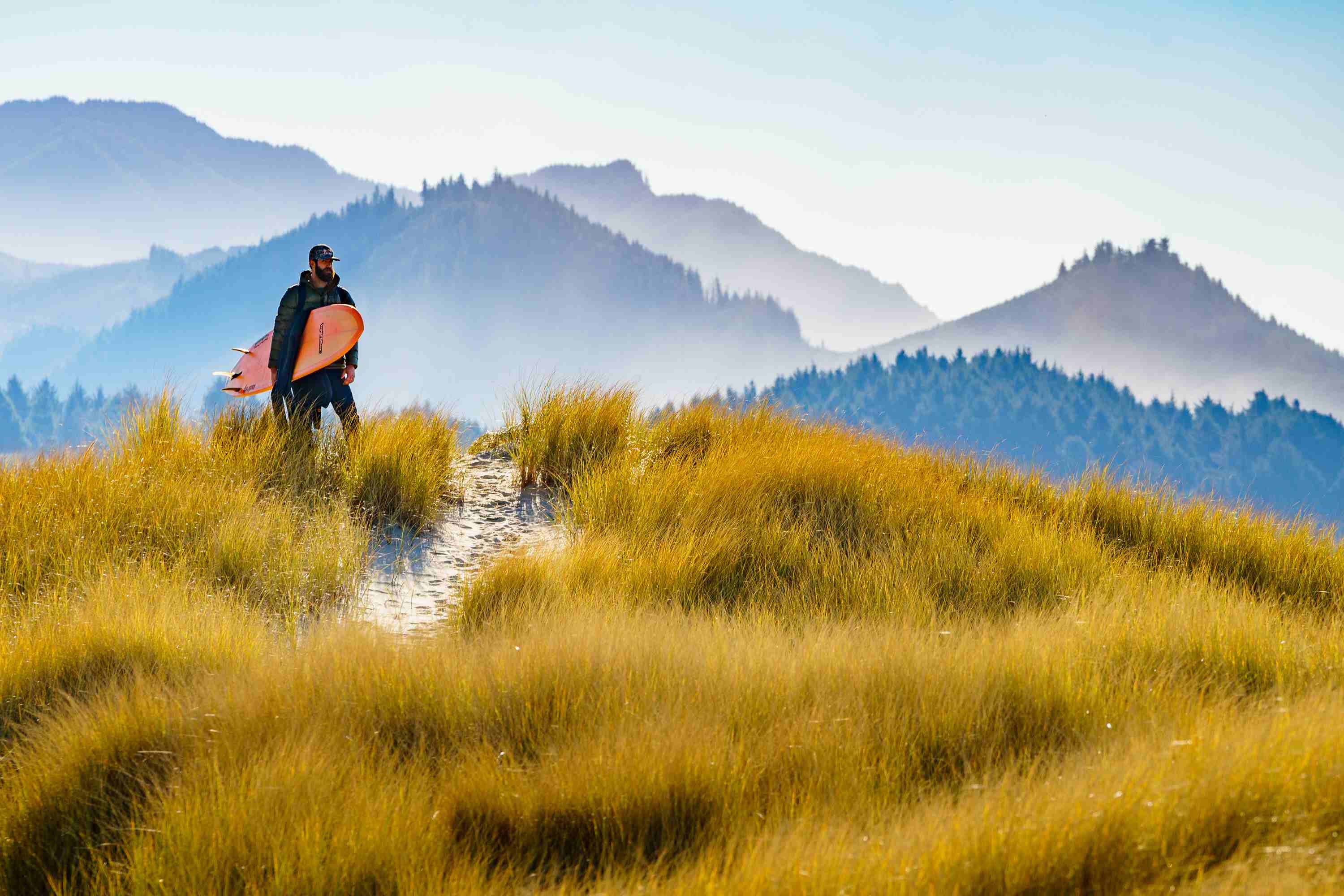

Although he is now enjoying commercial success, it was a long and winding road that led him here. At 29, Moon was traveling out west, living in a camper van with his dog, Denali. He spent his days shooting film, picking up commercial work for Patagonia and other outdoor companies, and the rest of his free time surfing, rock climbing, and generally exploring, “without a care in the world,” he recalls. It was around that time that he was diagnosed with colorectal cancer.
Moon says of the diagnosis, “It definitely shifted my perspective a lot. I mean suddenly you’re forced to focus on survival and living in the moment and all those things that initially were kind of important – photographing people/athletes at their peak performance, like on the hardest climbs or on the biggest waves – it kind of became a lot less important.” Moon started to look at his connections with others and friendships in a whole different way. Especially his connection with his most loyal friend, Denali.
After the film was so well-received, Moon says it was the thousands of letters and emails he received from people he had never met that really helped him to shift his focus. Moon explains, “The letters really made me realize how important it is to get real with your story and be authentic and vulnerable in your storytelling.” In an era of highly curated social media stories, sometimes that realness gets lost. What is left, says, Moon, is a “craving to be able to connect with others and see what’s deeper, not just the pretty part of our lives.” The filmmaker credits this revelation with inspiring his next project.
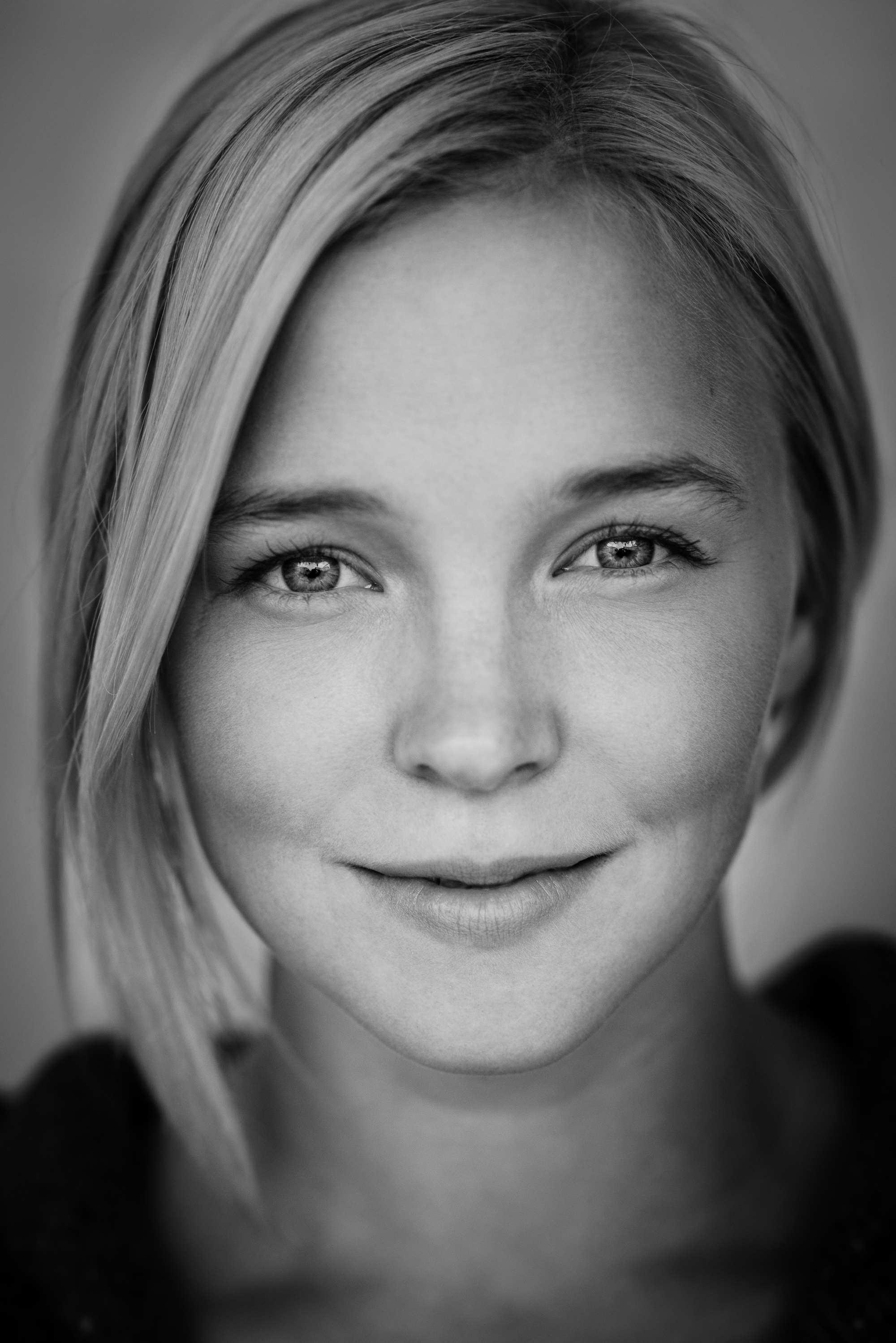
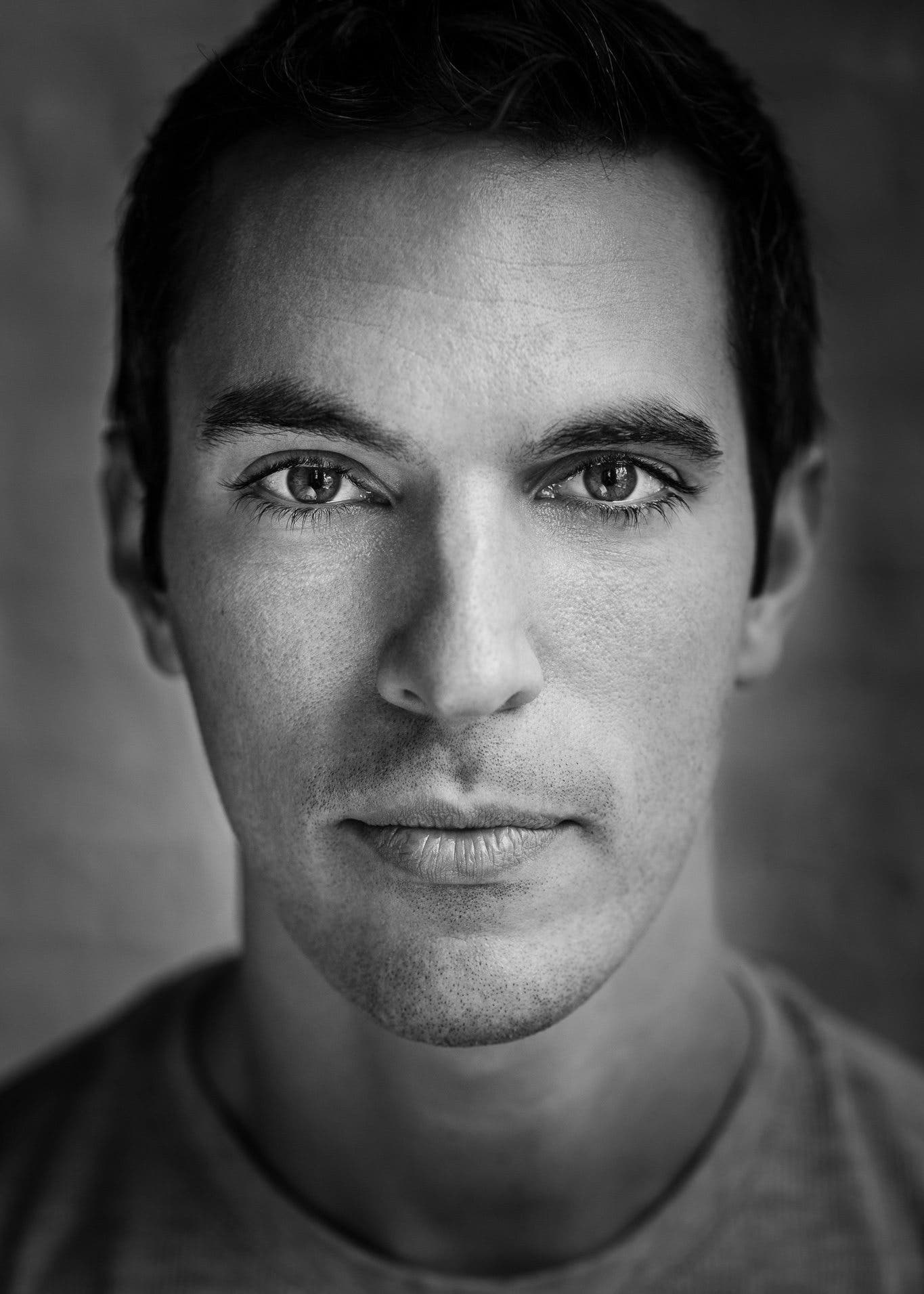
“After dealing with cancer, I feel like it shifted me to want to connect with others more and I started a portrait project that I just call the Faces project. I use natural light and an 85mm lens to make portraits of some of the people who have inspired me most. Right now, I’m using the Sony A7Rii and the 85mm f/1.4 G Master lens. It’s such an amazing combination… with so much detail,” says Moon. Shooting his subjects anywhere he can find a similar quality of natural light, he then processes the images in black and white, giving them an almost tintype feel. Speaking about the project, Moon explains, “I eventually want to do a book and a show, but it has been a really fun project over the years just to give back, you know, and capture the people that have inspired me, but also just to be able to show who they are to the world as well.”
In addition to the Faces project, Moon says that his future plans are to “continue pushing myself and learning new mediums that will get me out of my comfort zone. I’ve been working on writing a memoir about my friendship with Denali and my experience with cancer, growing my career, and all the experiences in between.” Moon says he’s spent the better part of last year working on the book proposal, and explains, “writing is almost the most basic of all the art forms, yet one of the most challenging. When I’m filming and photographing, I’m capturing what’s in front of me, but with writing, I have to dig deep and find that story.” But the filmmaker says that writing and visual storytelling work organically together, explaining, “Essentially, all the pictures we take, no matter how we share them in social media or films, it all comes back to the story. Writing has taught me a lot about crafting a story, and photography teaches me a lot about composition and how to capture a lot of elements in a single frame.”
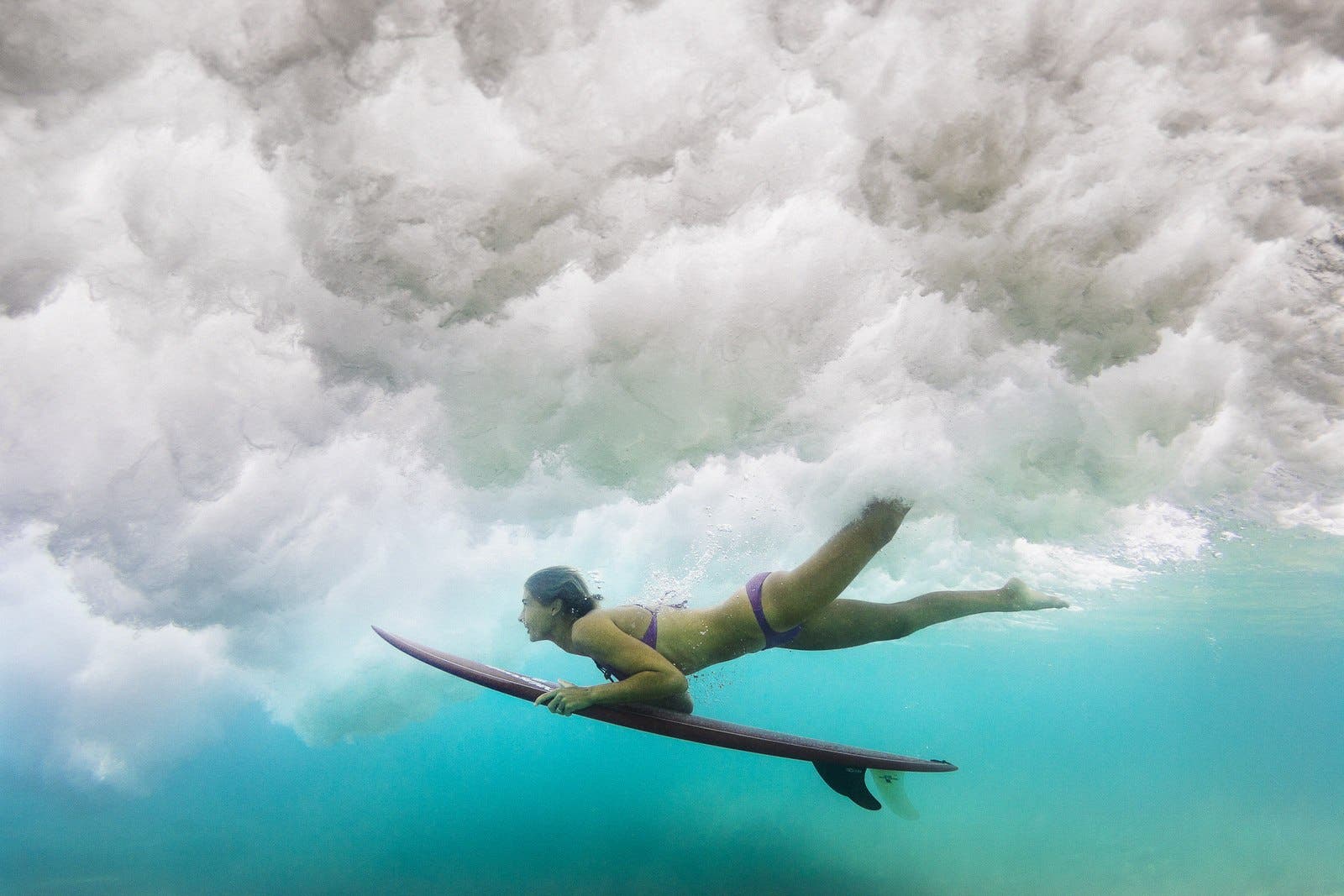
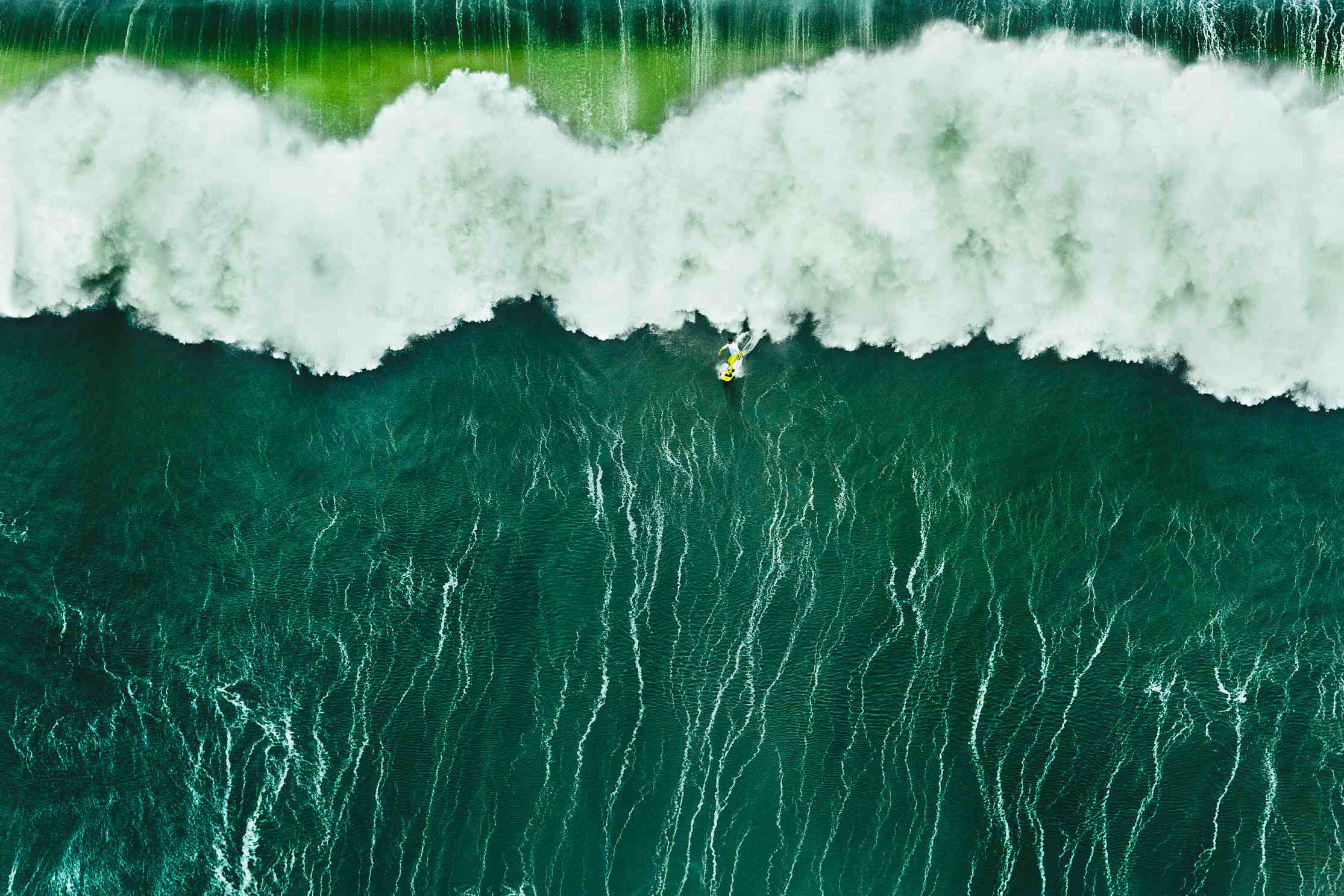
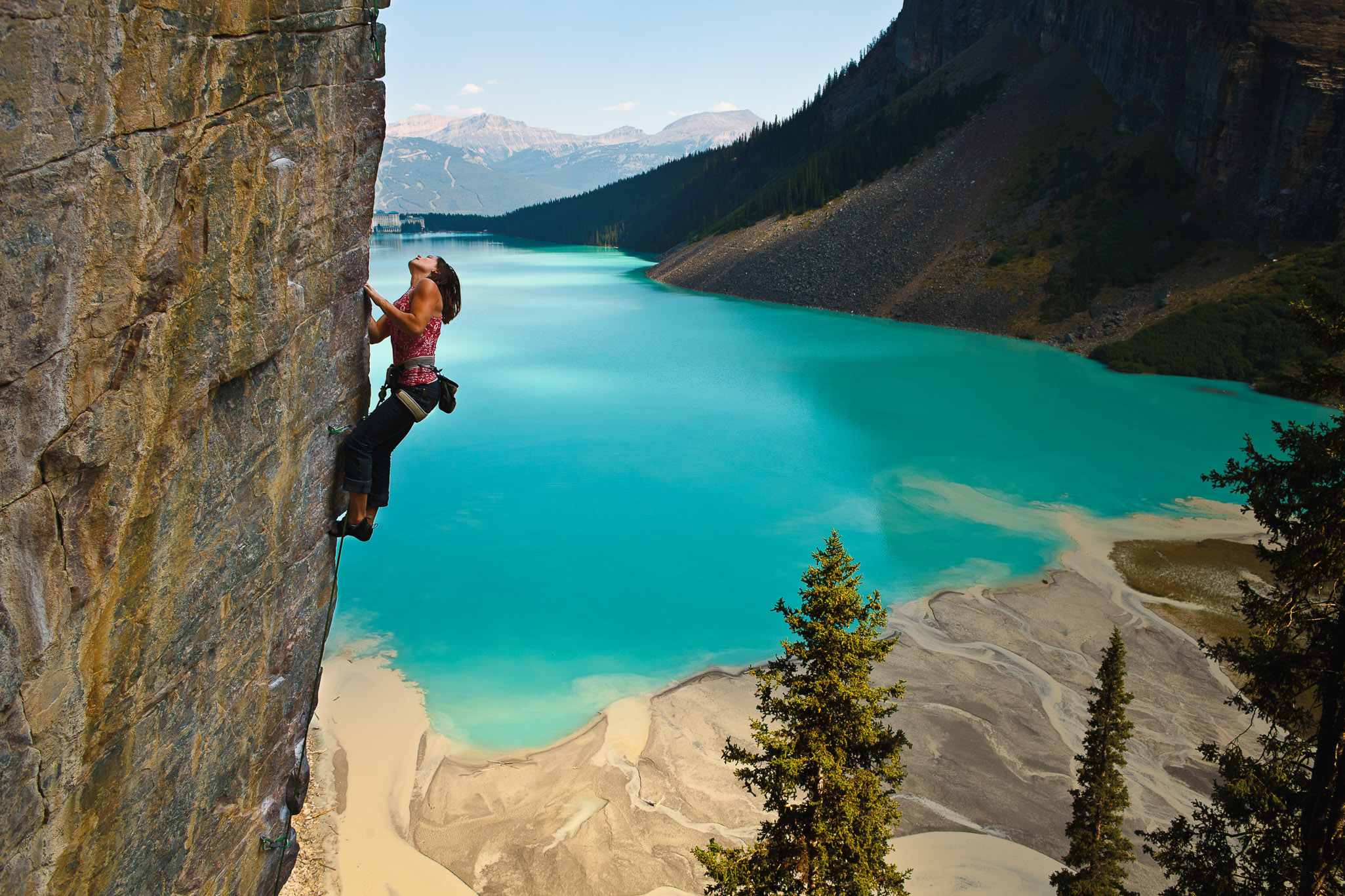
Moon explains that becoming a Sony Artisan and switching to Sony’s mirrorless system has really helped him reach some of his photography goals. “The Sony sensors are phenomenal in regards to the amount of detail I can pull out of the highlights and the shadows. In my portrait series, I feel like I can really capture the depth and feeling that I’m looking for. The new G Master 85mm lens is insane.” Moon also appreciates the intuitiveness of the camera’s custom buttons and seeing a live view of the exposure in the viewfinder, describing how useful it is in the field, “When I’m in the moment, like hanging off a cliff a thousand feet off the ground, I don’t have a lot of time to check the back of my camera and play around with in the settings. I’m watching my exposure in real time and know that everything is dialed in. It keeps me in the moment.”
But ultimately, Moon wants other photographers to know that it isn’t the camera you decide to use that will make you a successful photographer. For those looking to make a career out of photography, Moon advises, “Just go shoot what you love. I feel like I’ve been trying to do what I love for the last 15 years, and it keeps working. So just really try to capture the moments that you really appreciate, and then others will appreciate it as well. Don’t follow a trend, just be yourself.”
To see more of Ben Moon’s work visit his website at: https://www.benmoon.com/ or @ben_moon on Instagram.
